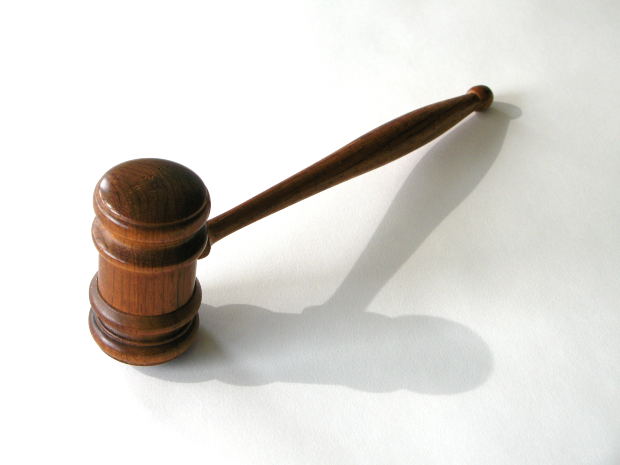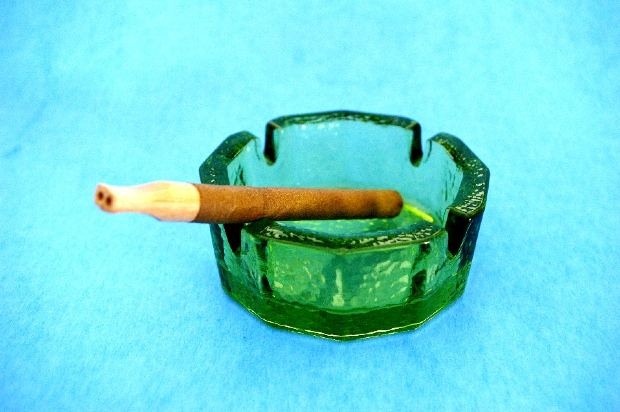Confusing Regulations Holding Back Medical Marijuana in Los Angeles
Back in 2003, the state’s Legislature passed Senate Bill 420. Under this bill, regulations and limitations were placed on the medical marijuana industry in California. Just a year after, Oakland decided to pass an ordinance that required dispensaries to have licenses and only allowed 4 licenses in the city. Today, there are four booming dispensaries. Oakland City is now looking into doubling the limit, according to the LA Weekly.

“The Oakland ordinance has never been challenged because Oakland was on the ball — they were ahead of it,” says David Berger, a vocal critic of L.A.’s crackdown.
Our medical marijuana lawyers understand that there are more than 50 cities across the state, in addition to other localities,that have created regulations which have yet to be challenged in court. Los Angeles is a different story. Back in 2005, there were and few dispensaries in the city and people were hesitant to invest their money into a business that DEA officials could raid.
For more than 15 years now, City Hall in Los Angeles has not been able to create a working ordinance to regulate the medical marijuana industry. Instead, it has sat back and watched West Hollywood, San Francisco, Oakland and elsewhere enact regulations, and then proceed to stall, fumble, dither, misplay, mismanage and eventually overact.
What most people were concerned about was investing their money into companies that weren’t legal under city law. At least with a law in place protecting their ventures in the area, they could have had some defense against the feds.
With not enough regulations in place, activists and dispensary owners begged the City Attorney, Rocky Delgadillo, for some fort of ordinance to help them out. They wanted to be sure that LAPD was not going to come after them and they wanted regulations to help keep new dispensaries out of the area.
At one point, Delgadillo told owners there would never be regulations in LA because the industry was illegal under federal law.
Later in 2007, the City Council made a change. They made an interim ordinance that allowed new dispensaries and existing ones to register with the City Clerk. More than 180 dispensaries did just that.
That plan didn’t really work though. Some say that the ordinance drew in a surge of new business owners into the city because of a loophole in the language. In 2009, the LA area officially had more dispensaries than Starbucks.
Carmen Trutanich, L.A. City Attorney points out that what’s important about SB 420 is that dispensaries cannot sell the product. In that case, you would need to be a primary health provider or a group of users who are growing the product together and share the costs. The problem with it now, says Trutanich, is that people are growing, selling and getting rich, causing a headache of faulty regulations.
Either way, it has been apparent that City officials have botched the medical marijuana issue at every step of the way and dispensaries continue to sit in limbo with varying regulations throughout the state — throughout a state that legalized the medicine.
Continue reading
 Cannabis Law Group's Medical Marijuana Legal Blog
Cannabis Law Group's Medical Marijuana Legal Blog













